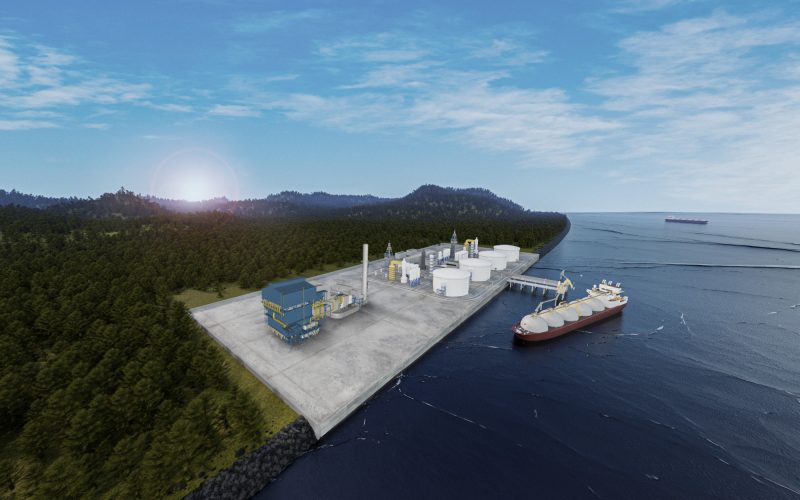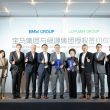Uniper and thyssenkrupp Uhde have signed a framework agreement paving the way for the development of commercial-scale ammonia cracking plants, in a move aimed at boosting Europe’s capacity to import and utilise low-carbon hydrogen.
Under the deal, Uniper has secured technology licences from thyssenkrupp Uhde for up to six large-scale ammonia crackers with a combined capacity of 7,200 metric tonnes per day. The facilities would convert imported ammonia back into hydrogen, offering a critical link in Europe’s future hydrogen supply chain.
Ammonia, which can be easily liquefied and transported, is increasingly viewed as a practical carrier for hydrogen, whose direct long-distance transport remains technically and economically complex. High-performance cracking technology is considered essential for enabling large-volume hydrogen imports.
The agreement includes engineering services, key equipment and catalyst supply for Uniper’s planned hydrogen import terminal in Wilhelmshaven, Germany. Uniper is currently conducting a pre-FEED (front-end engineering and design) assessment to define the project’s scope and evaluate its feasibility before moving into full FEED by the end of next year.
Holger Kreetz, COO of Uniper, said hydrogen imports will be indispensable for meeting Europe’s long-term demand. “Domestic production alone cannot meet future hydrogen demand – imports of hydrogen derivatives will be essential. Our agreement with thyssenkrupp Uhde marks a decisive next step toward enabling global hydrogen trading,” he said. “Ammonia crackers are key to international hydrogen logistics, and together we are laying the foundations for the infrastructure that Europe needs for its energy future.”
Nadja Håkansson, COO of thyssenkrupp Decarbon Technologies and CEO of thyssenkrupp Uhde, highlighted the significance of cross-sector collaboration. “Our partnership with Uniper shows how cross-industry cooperation creates real added value. With our ammonia technology and experience in complex plant execution, we are contributing to decarbonisation and the development of a global hydrogen market,” she said.





















